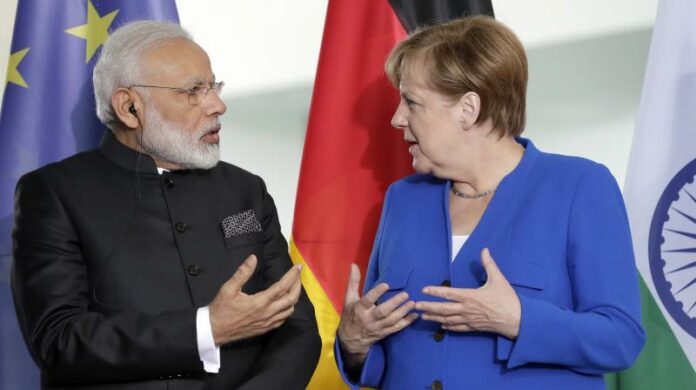Despite signs of hope at the G20 Summit in Hamburg, globalization is no longer a one-way street. The British exit from the EU and the rhetoric of US President Donald Trump represent a paradigm shift for many: the globalization process is stuttering, protectionist tendencies are becoming more visible.
This development is also a topic of discussion during the 2nd German-Indian Business Forum. On Monday, 4th September 2017, leading decision-makers from politics and business will discuss the potential for economic cooperation between the EU’s largest economy and the Indian subcontinent in the BMW World facing the picturesque Olympic Park in Munich. Industry leaders will talk about: policy reforms, digitalization, e-mobility, innovation, patent law and exchange information on best practices for setting up business in India and in Germany.

Since the mid-1990s, the Indian economy has enjoyed strong and continuous growth, while at the same time coping with the challenges of slow bureaucracy and corruption. India’s young population, with many university graduates in the technology field, also offers the country favourable growth prospects in medium to long term. With an annual growth rate of 7 per cent of gross domestic product projected by the International Monetary Fund, India can be ranked third among the world’s largest economies by 2030.
This potential makes India a promising target for German and European companies. Today, Germany is India’s most important trading partner in the EU.
The German-Indian Business Forum is organized by the German-Indian Association (GDIZ), the Bavarian State Ministry of Economic Affairs and Media, Energy and Technology, the Embassy of the Republic of India, the Consulate General of India and the City of Munich.











